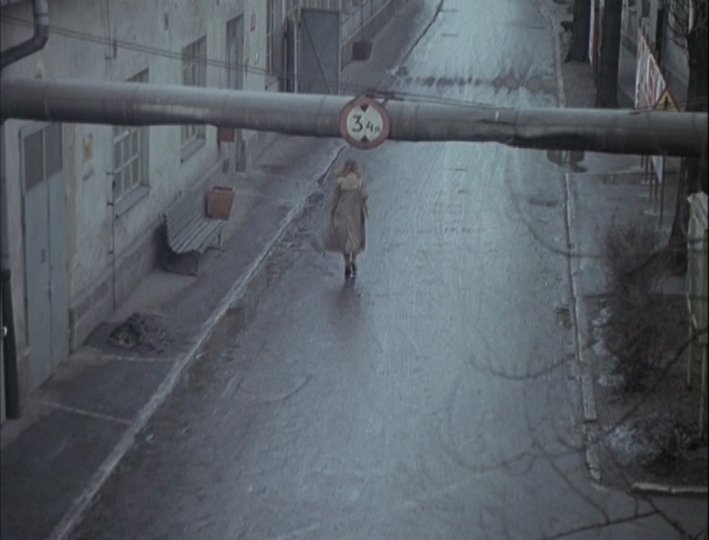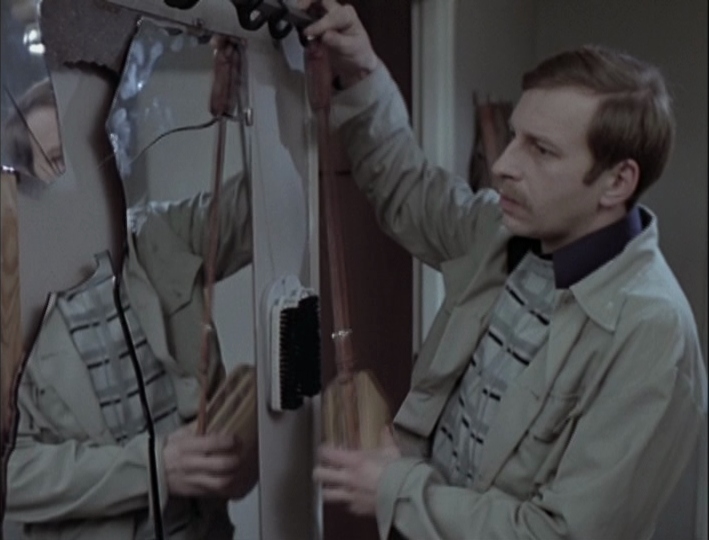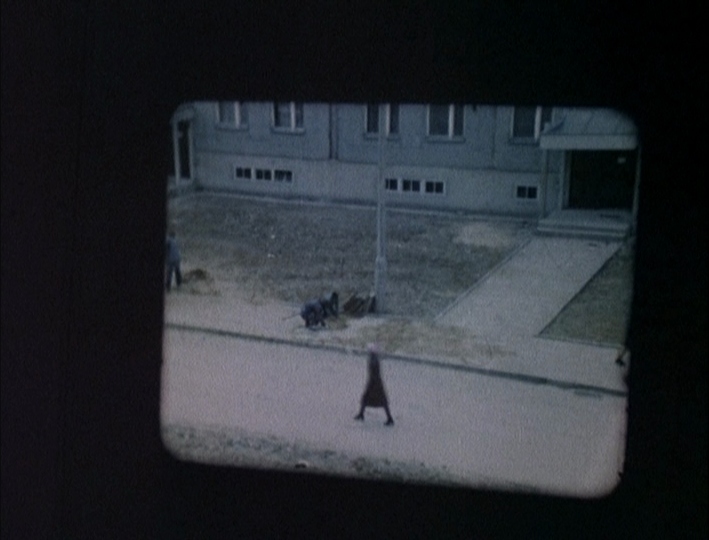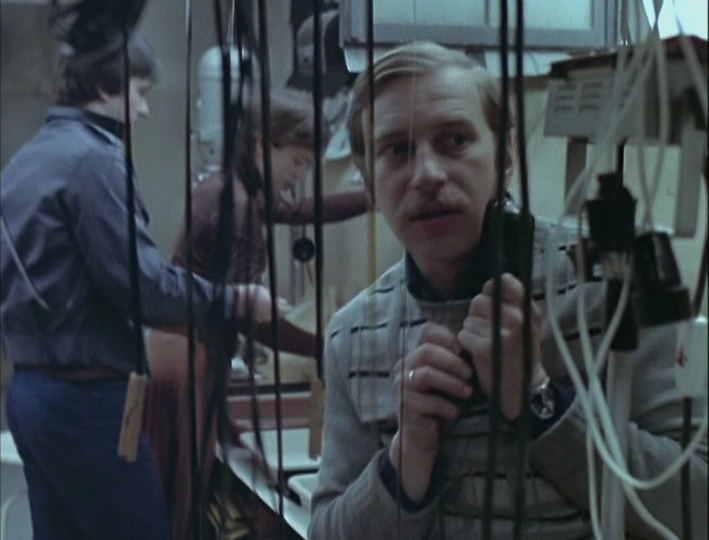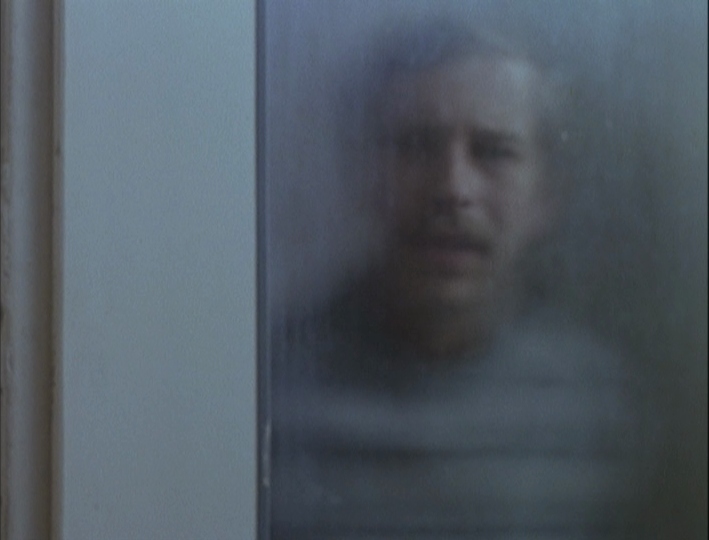Amator (1979)
Filip’s first child is born. To capture his infant daughter's early days, he buys an 8mm movie camera—an innocent gesture that soon unravels into obsession. What begins as a hobby becomes a mirror, a weapon, a confession. Filip begins filming not just his family but his workplace, his community, and the subtle tensions beneath the surface of daily life. He's drawn into a conflict between personal expression and social conformity, discovering that to truly see is to be unable to look away. Kieślowski, who would go on to explore metaphysical and existential themes in later works, roots Camera Buff in the political and psychological realism of 1970s Poland—where what one sees, and more dangerously, what one shows, can have irrevocable consequences. With remarkable restraint and emotional precision, Camera Buff is both a story of creative awakening and a subtle critique of censorship, compromise, and the cost of bearing witness. It asks: what happens when a man starts to see too much—and can no longer pretend he hasn’t?

